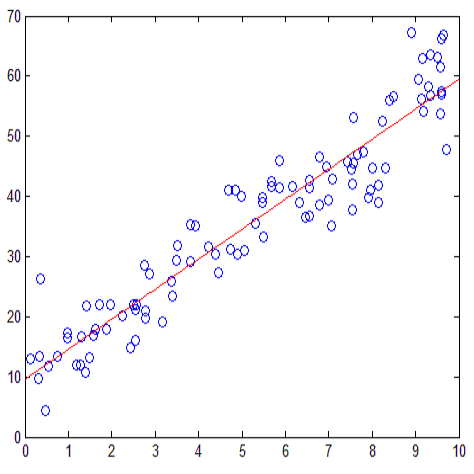Choosing a shrinkage method can be done by selecting a penalty from a list of pre-specified penalties or by constructing a penalty based on the data. If a list of penalties for a class of linear models is given, we provide comparisons based on sample size and number of non-zero parameters under a predictive stability criterion based on data perturbation. These comparisons provide recommendations for penalty selection in a variety of settings. If the preference is to construct a penalty customized for a given problem, then we propose a technique based on genetic algorithms, again using a predictive criterion. We find that, in general, a custom penalty never performs worse than any commonly used penalties but that there are cases the custom penalty reduces to a recognizable penalty. Since penalty selection is mathematically equivalent to prior selection, our method also constructs priors. The techniques and recommendations we offer are intended for finite sample cases. In this context, we argue that predictive stability under perturbation is one of the few relevant properties that can be invoked when the true model is not known. Nevertheless, we study variable inclusion in simulations and, as part of our shrinkage selection strategy, we include oracle property considerations. In particular, we see that the oracle property typically holds for penalties that satisfy basic regularity conditions and therefore is not restrictive enough to play a direct role in penalty selection. In addition, our real data example also includes considerations merging from model mis-specification.
翻译:选择收缩方法的方法可以从预先规定的处罚清单中选择惩罚,或者根据数据构建惩罚。如果给出了对某类线性模型的处罚清单,我们则根据基于数据扰动的预测稳定性标准,根据抽样规模和非零参数的数量进行比较。这些比较为在各种情况下选择处罚提供了建议。如果偏好是针对特定问题建立定制的惩罚,那么我们建议一种基于基因算法的技术,再次使用预测标准。我们发现,一般而言,习惯处罚不会比通常使用的任何刑罚更差,但有些情况下,习惯处罚会减为可承认的处罚。由于从数学上来说,刑罚选择与先前的选择相同,我们的方法也建构了先前的预测稳定性标准。我们提出的技术和建议是为了针对有限的抽样案例。在这方面,我们认为,在不知道真实模式时,预测稳定性是少数相关属性之一。然而,我们研究模拟中的可变性,作为我们缩放选择战略的一部分,而习惯处罚则减为可确认的处罚。由于从数学角度上看,我们通常的限制性因素包括了固定的罚款。因此,我们通常的限制性因素包括了固定的税制。




